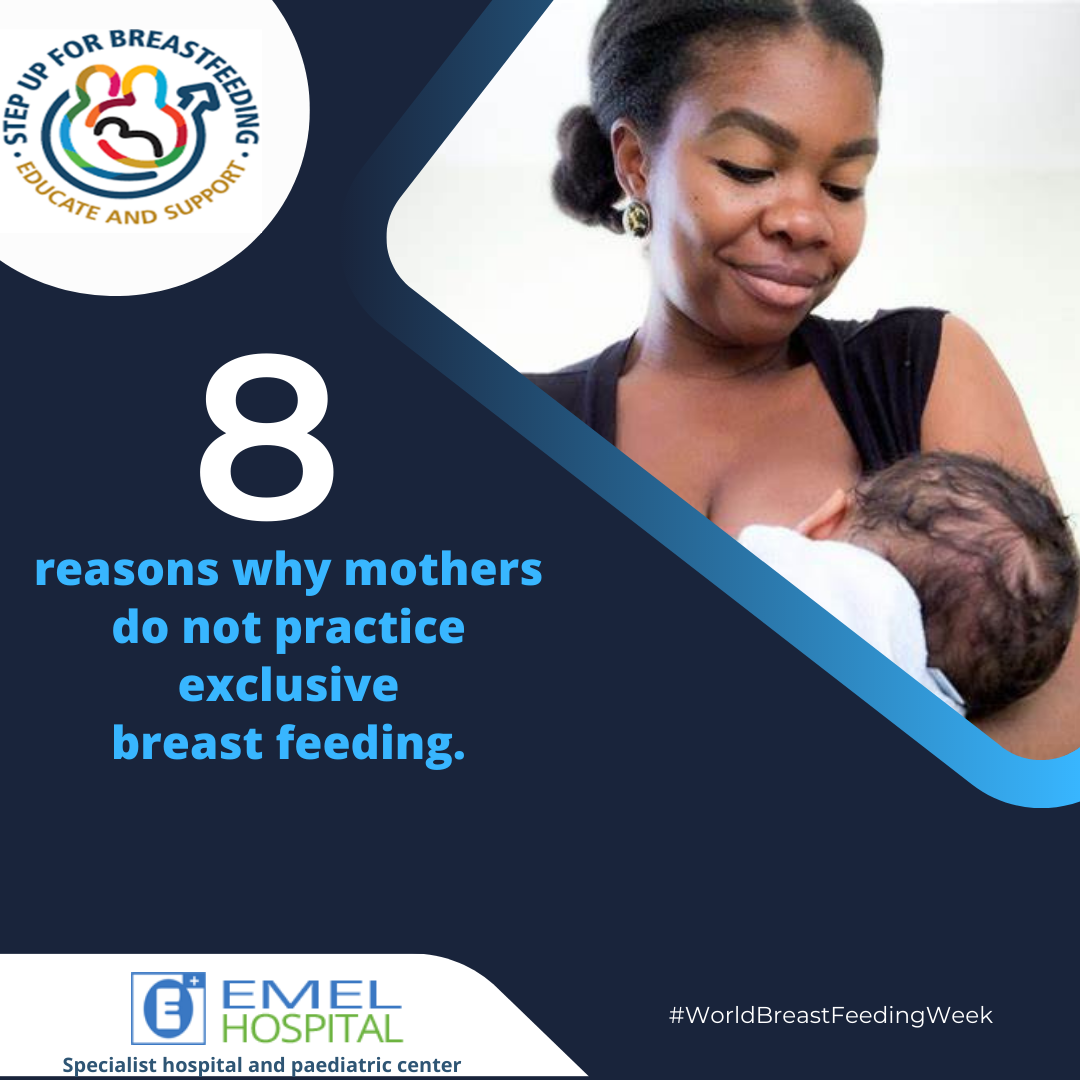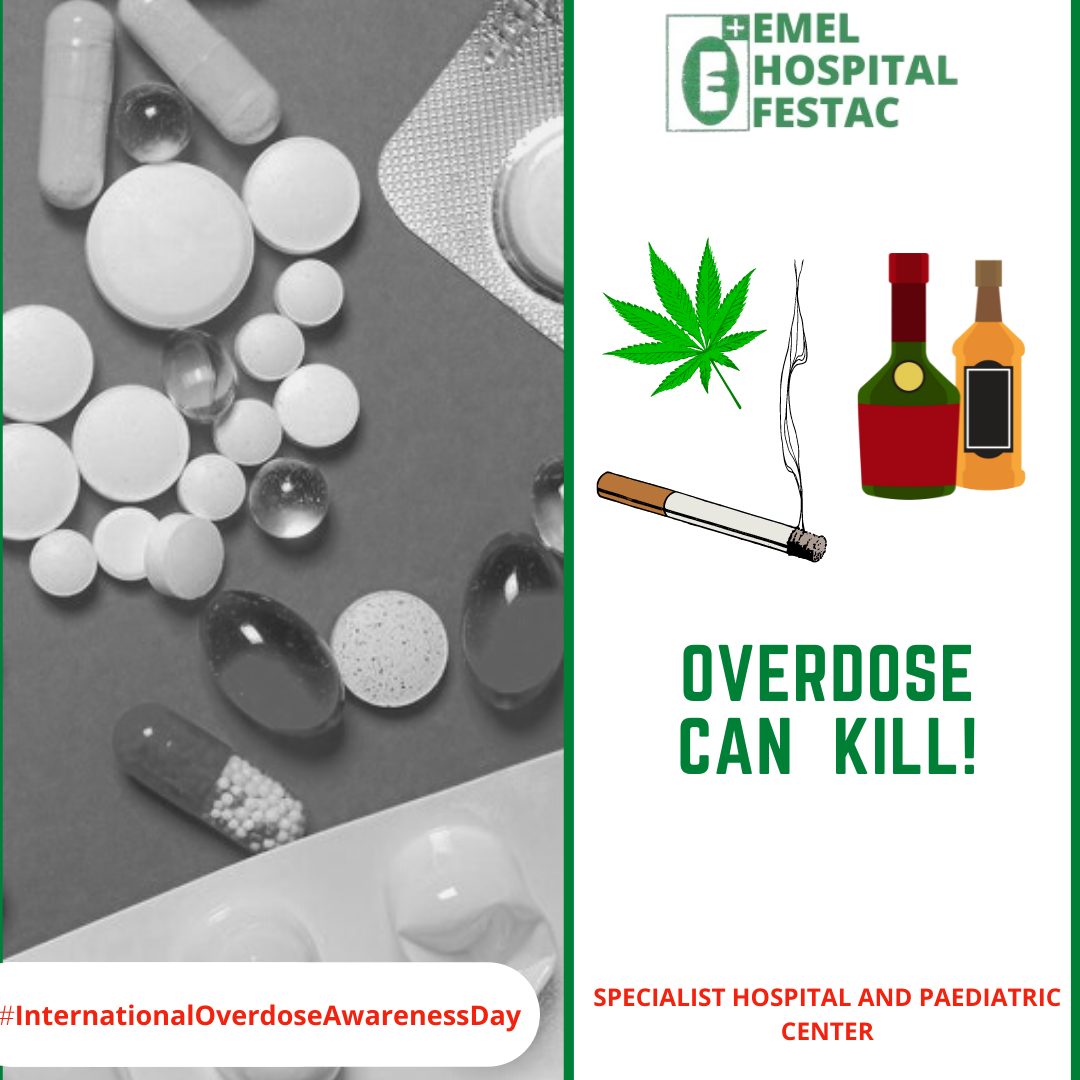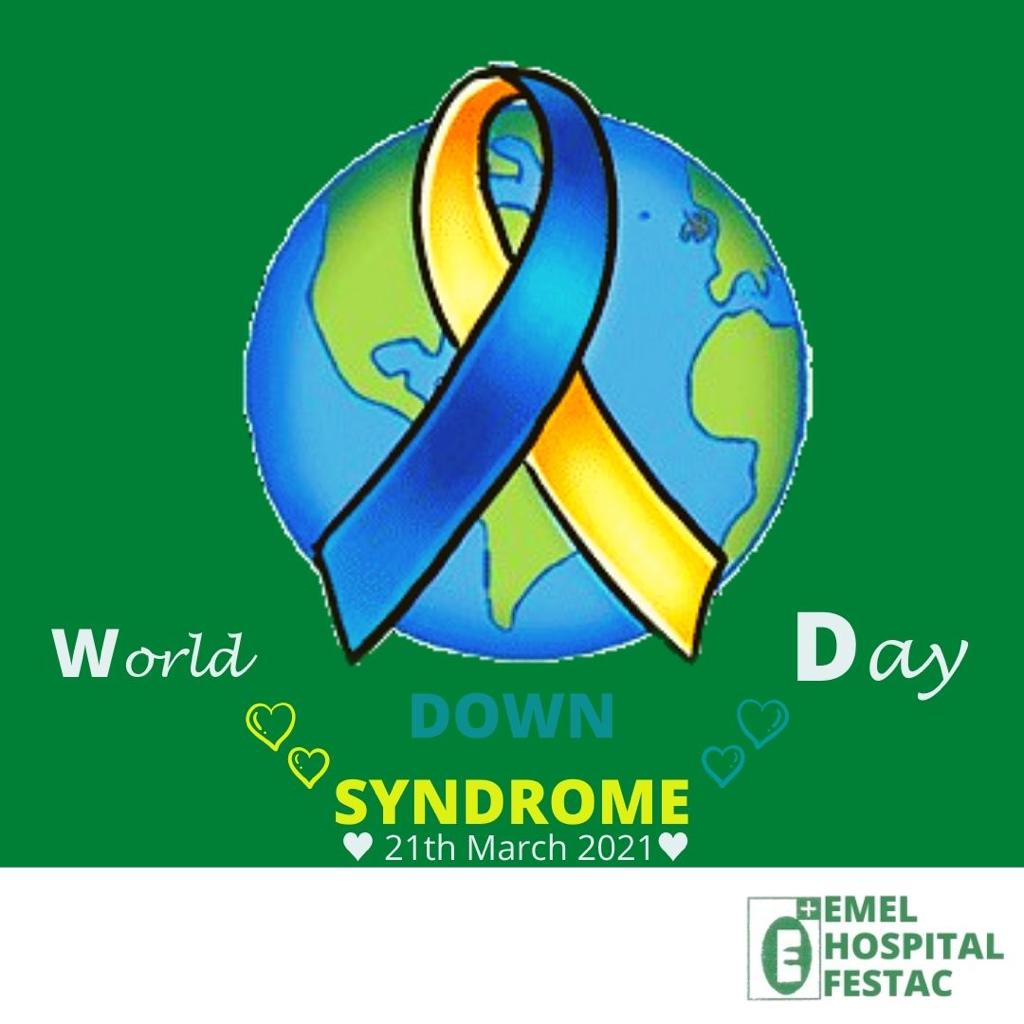The World Health Organization (WHO) urges exclusive breastfeeding for the first 6 months, with the continuation of breastfeeding along with solid foods for 2 years or longer. The benefits are myriad and cannot be overstated.
Globally, the rate of exclusive breastfeeding is 40% despite the benefits which are certain.
Some of the reasons stated and the possible solutions are:
1. Returning to work/school – many mothers currently are in school or are working mothers. It seems easier to commence breast milk substitutes as they may not be available for exclusive breastfeeding.
Solution: Establishments should ensure adequate maternity leave for mothers and a flexible working plan for nursing mothers on resumption to work. Mothers who are students can express and store breast milk for a caregiver to feed baby in her absence.
2. Lactational difficulties – some mothers with inverted or flat nipples find it difficult to breastfeed in the first weeks and are less likely to continue breastfeeding without adequate support.
Solution: During pregnancy – the breast should be examined and mothers counseled on measures to improve lactation early enough.
3. Perceived poor milk supply- in the first few days after delivery before lactation becomes optimal, mothers feel that the milk supply is insufficient for their babies and resort to other options, these mothers and babies find it difficult to stop the options even when the milk supply becomes adequate.
Solution: Mothers should be adequately educated about the pattern of breast milk supply and how to improve it during the ante-natal period.
4. Lack of support from close family members and friends greatly influence decisions about exclusive breastfeeding
Solution: Without adequate support from close family members, exclusive breastfeeding becomes very difficult to practice.
5. Health concerns- mothers who are too ill to nurse their babies understandably require breast milk substitutes until they have adequately recovered.
Solution: At recovery, mothers should be encouraged to breastfeed their babies as much as feasible
6. Influence of Health care providers- hospital practices that discourage exclusive breastfeeding such as nursing babies away from their mothers, supplying breast milk substitute after birth, poor support for the new mothers can dissuade mothers from practicing exclusive breastfeeding
Solution: Health care providers greatly influence the practice of exclusive breastfeeding. Baby friendly hospital policies should be adhered to always.
7. Too embarrassed to breastfeed- some mothers see their breasts as a sex-organ and feel embarrassed to nurse their babies.
Solution: Adequate health education is required for every new mother to address such issues.
8. Status symbol wrongly associated with exotic breast milk substitutes- We live in a culture where breastfeeding is undervalued. In many communities bottle feeding is viewed as the normal way to feed babies. Despite the problems associated with wrong preparation of these products and the risk of gastroenteritis when the utensils are poorly cleaned
Solution: The informed mother is the empowered mother. Adequate health education on the benefits of breastfeeding exclusively will make mother make informed decisions always.
finally;
These challenges can be overcome by a determined mother. Mothers who cannot exclusively breastfeed their babies should be supported rather than judged or shamed.




.png)


